Coffee With...Patrick McQuown
We chatted with TU’s executive director of entrepreneurship about his new role and starting a business, particularly during a pandemic.

Q: How has your career journey led you here?
A: I’m a two-time entrepreneur. One of my companies did American Idol’s voting by text, which virtually everybody remembers and was the start of messaging [on reality shows]. I like to say I’ve done both Donald Trump’s texting and Obama’s presidential campaign texting, except I didn’t do Trump’s presidential texting, only the text voting for The Apprentice.
I sold both companies by the time I was in my 40s. In between them, I taught a course at Georgetown University as an adjunct. That’s where I fell in love with academia. After my second company, I thought, ‘well, what am I going to do?’
I was living in Connecticut, so I went to Yale University’s Entrepreneur Institute, helping students and faculty launch companies. From there I went to Brown then James Madison University. We got the largest naming gift in the history of JMU. In the end, I loved it, but Harrisonburg was not for me.
I wanted a school that was very much like TU. I wanted to be in the mid-Atlantic region, which I love. And Towson University fit the bill.
Q: How has your role at TU changed from what you envisioned, due to the pandemic?
A: I would say that the strategy is still the same. We still have six ventures in our growth cohort. But the tactics have changed. We wanted to take residency in June. We couldn’t do that, so we’re taking residency in September. I doubt we’ll be able to do five days a week. We’re doing online gatherings to go over readings and things like that.
Q: What advantages and disadvantages are there to starting a business at such a disruptive time?
A: There’s a saying that entrepreneurs are okay with risk. That has a lot of merit to it. But I think what’s more important is entrepreneurs are okay with uncertainty.
I had to deal with 9/11, the D.C. sniper and the 2008 recession. I’m not saying those directly compare with what’s going on now, but you just have to learn to shift and adapt to what’s going on.
A lot of the assumptions we had going in are changing or are no longer the case, which means there are opportunities for people. It’s almost the time to double down on entrepreneurship, not pull away from it.
Certainly, deals that you've been working on tend to get thrown off, and you don’t know when they’re going to get back on track.
One of the ventures that we have [in the cohort] is a company that makes a game called Lockbox Adventures. He had problems at first with some of the suppliers and the supply chain and things like that. But when you’re lean and small, a good entrepreneur just takes advantage of the situation and does what they can.
I always like to point out that 2008 gave us some of the best companies that we know: Airbnb, Dropbox, Slack. The list goes on and on and on.
Q: What are some of the things that people don’t necessarily know are involved in starting your own business?
A: There’s really two big things I can tell you there. The first one is people like to say, ‘oh, go be your own boss.’ And there is nothing further from the truth. You have more bosses than you have working at a big company. At a big company, I only have one boss.
As an entrepreneur, my customers are my boss, my employees are my boss, my board of directors are my boss. The list goes on and on. You have a million people looking over you. And without those people, you're not going to get it done. So the notion to go be your own boss, that's not true at all.
Then the second one is you see all those things in the media about the highs. And trust me, they do happen. But successful entrepreneurs persist.
When I used to code and it didn’t work, I didn't sit there and think, ‘oh, I failed 1,000 times.’ I just said, ‘no, it doesn’t work yet.’ I kept going, and I would try something else, and that didn’t work. And I kept going.
There’s almost nothing sexy about persistence. It’s frustrating, it’s boring, it’s tedious. And you’ve got to keep your head on straight and believe in what you’re doing until you figure it out.
Q: Baltimore has been called a hot region for startups and entrepreneurship. How do you see that growth continuing in the area?
A: The three years I was the executive director at JMU my students at 150 Accelerator raised $15 million in venture capital.
They went against schools like Georgetown and Princeton and just absolutely decimated them. I always love to say it’s the one meritocracy left. It doesn’t matter where you went to school; it matters what you do.
Baltimore has needed this [accelerator]. Obviously, Hopkins does exceedingly well in med tech. That's not our bailiwick. But this area and TU as a school could absolutely use this. I’m very, very excited to be here doing it.
Read more: TU names McQuown to head entrepreneurship
